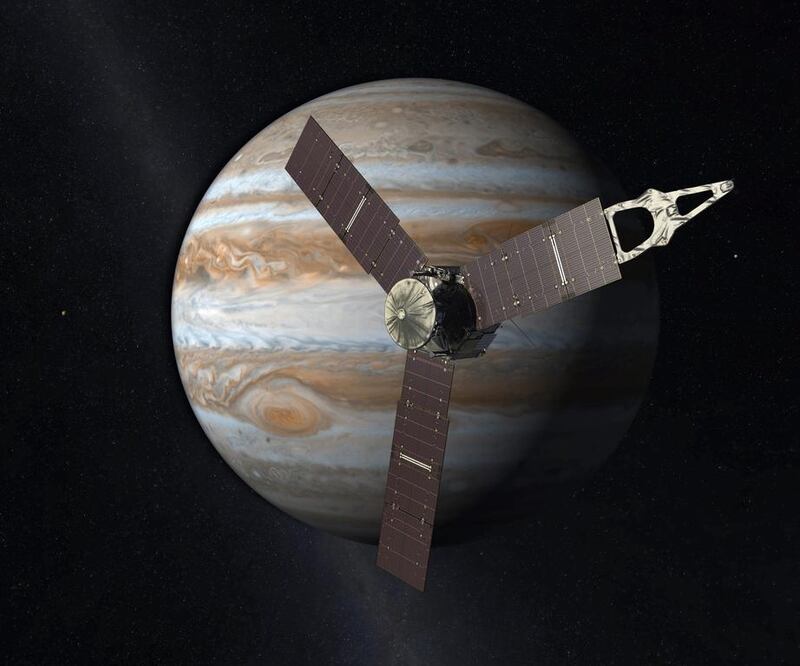The dawn of the Fourth Industrial Revolution presents two distinct challenges for businesses: the need to develop technologies that help sustain competitive advantage and the need to develop people who will transform great ideas into commercial success. While businesses are increasingly required to balance investments in people and technology, to be successful, investment in people must precede any technologies we aspire to create.
The idea that talented and inspired people generate great ideas is well known. It is also understood that people driven by a purpose greater than themselves often perform better and that innovation is enhanced by sharing ideas. In our uncertain world, we must ensure that industries continue to share ideas, which enable people to assimilate knowledge and transform today’s challenges into future opportunities.
To think in new ways and address the issues of security, sustainability, health care and climate change, we must equip people with the ability to think critically, to ask the right questions and to discern how, when and what to share. Equally important is empowering people with a purpose that challenges them to see links between their work and the world around them.
Groundbreaking ideas are seldom the result of a flash of inspiration and take time to manifest. In fact, the best ideas often happen when people come together to create an idea that is better or more innovative than the sum of its parts.
This power of sharing, or creating a space where ideas can fuse, swap and create new forms, is especially important in our complex world. Sharing allows us to work collaboratively across our own business areas to adapt the use of technology as customer needs evolve.
For example, we introduced carbon nanostructure infused fibres on the Juno spacecraft, which reached the planet Jupiter this July, to protect against electromagnetic interference. And we are currently working with these same carbon nano-structures to enable electric vehicles to drive and charge faster. We know that knowledge expands exponentially when it is shared, and shared knowledge transforms today into a better tomorrow.
At Lockheed Martin, training our next generation of scientists and engineers to push the boundaries of space exploration, aerospace and sustainability is fundamental to shaping our future. Through our Generation Space: Space Fundamentals Training Programme and our upcoming UAE National Day Robotics Challenge, we are investing in education and training that will not only establish a new level of competitiveness within our industry, but also unleash economic and social value for the community.
These programmes are based on the philosophy that when people are inspired by their work, they are more inclined to think creatively. Graduates from these programmes will become thought leaders in key industries and sources of inspiration for younger generations.
By investing in people and innovating with a purpose, we can produce the breakthrough technologies needed to solve the world’s most pressing challenges, whether it’s deploying a robot to support emergency crews dealing with natural disaster or using additive manufacturing to produce a new organ that could save someone’s life.
With the same foresight that its founders had 45 years ago, the UAE continues to push boundaries, looking ahead and taking on the obstacles that some deem impossible. By investing in human capital and instilling in our next generation the skills needed for them to contribute to a knowledge and innovation-based economy, the UAE is charting the course of its future.
Robert S Harward is chief executive of Lockheed Martin United Arab Emirates





